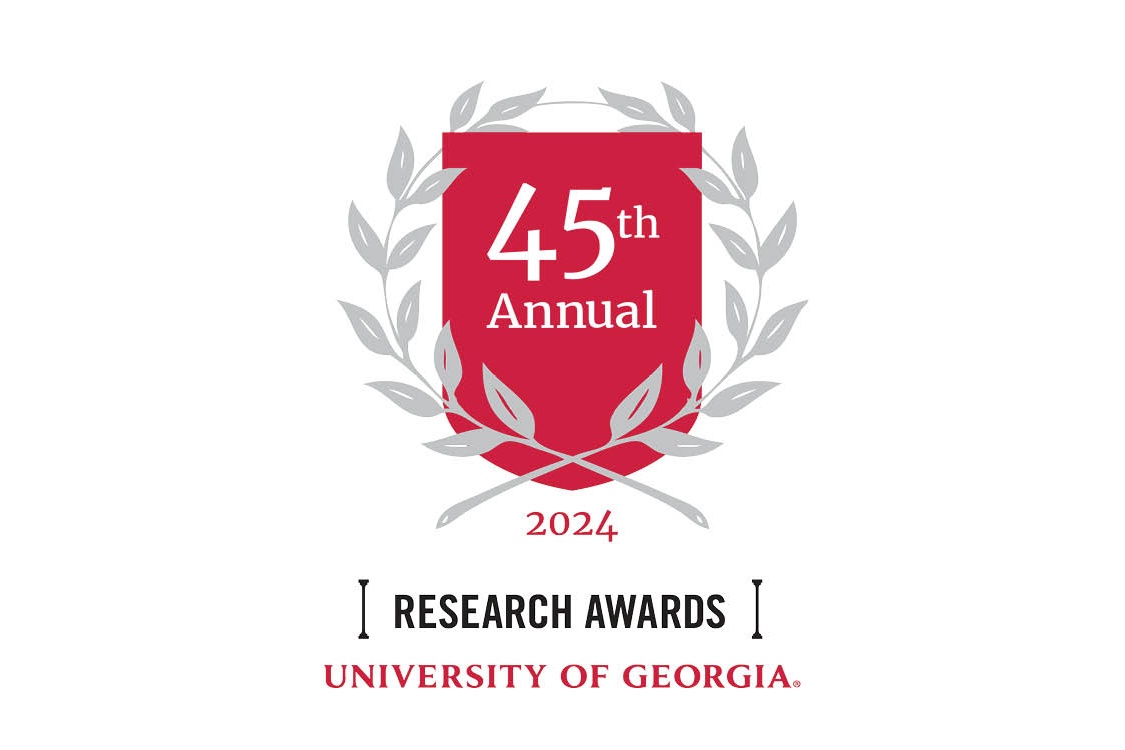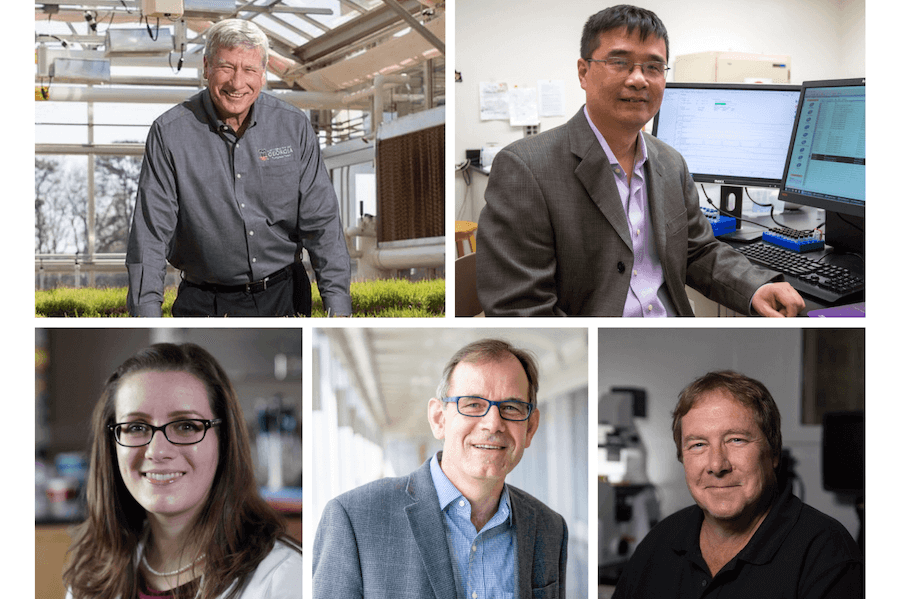Each peanut is a complex mix of its genetic parts. Scott Jackson wants to figure out how the tasty legume’s genes work and help produce a higher yielding, more disease-resistant one. And he’s coming to Georgia to do it.
In August, Jackson will join the University of Georgia College of Agricultural and Environmental Sciences as its newest Georgia Research Alliance Eminent Scholar. He is currently a professor of agronomy at Purdue University.
“We have a world-class plant breeding and genetics program, perhaps the best in the world,” said J. Scott Angle, dean and director of the UGA College of Agricultural and Environmental Sciences. “We identified a need in this program and found the top person in this area. We then aggressively pursued Dr. Jackson to move his program to Georgia. I am pleased we were successful, and I know that the economy of Georgia will benefit from his move to our great state.”
Jackson’s research focuses heavily on crop genomics. “We’re trying to understand the genome and the genome structure so that we can more efficiently manipulate the genetics of crops to produce better varieties,” he said. “We go where the questions are, and the tools are needed.”
He will work in UGA’s Institute of Plant Breeding, Genetics and Genomics and the Crop and Soil Science Department.
“We’re really excited to have someone of his caliber working with other research scientists at UGA,” said Terry Hollifield, acting director at the Georgia Seed Development Commission. The commission partially funded the endowment for the eminent scholar position.
Jackson’s main reason for coming to UGA “mostly was the faculty there,” he said. “It’s a strong group, an active and growing group… It’s also an opportunity to expand in some areas where I haven’t been working before. In Indiana, peanut isn’t a crop at all. It’s a chance to collaborate with people more closely than I have before.”
“We’re hoping his work will help with developing higher yielding, more pest-resistant peanut cultivars,” Hollifield said. “We’re interested in all commodities from horticulture to agronomic crops, but peanuts by far generate the largest amount of royalty dollars for the seed development program.”
One of Jackson’s major accomplishments was leading the mapping of the soybean genome.
“He will now join the effort in peanut genomics at UGA to identify markers for genes that will enhance the nutritional value and hopefully remove the potential for allergic reactions to peanuts,” said Bob Shulstad, associate dean for research at the College of Agricultural and Environmental Sciences. “Georgia’s leadership in peanut production and expanding production of soybeans, alfalfa and other legumes will be greatly enhanced.”
Jackson received his master’s and doctoral degrees in plant breeding and plant genetics from the University of Wisconsin-Madison in 1996 and 1999, respectively.
Besides working as a professor of agronomy and serving as the Wickersham Chair of Excellence in Agricultural Research, he is also currently a program officer in the Division of Biological Infrastructure for the National Science Foundation. He is an honorary scientist under the Rural Development Administration for the Republic of Korea and previously served as a consultant for the International Rice Research Institute in the Philippines.
He is a fellow and member of the American Association for the Advancement of Science, and a member of the American Society of Plant Biologists and Genetics Society of America. He has written 73 peer-reviewed journal articles – including the sequencing of the soybean genome and work on rice domestication – 11 book chapters and six non-refereed research publications.
Five graduate students, a postdoctoral researcher and a computer programmer will also move with Jackson to UGA.







